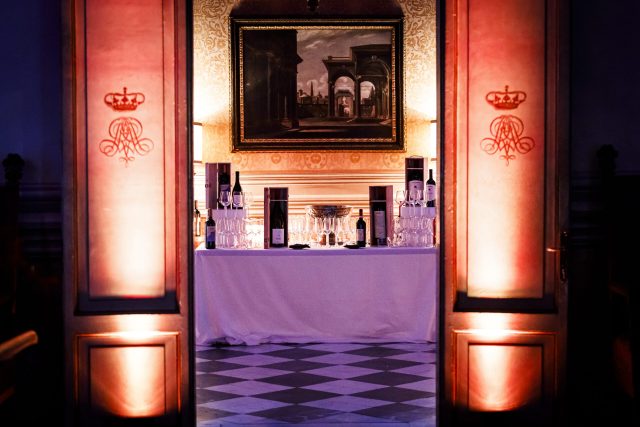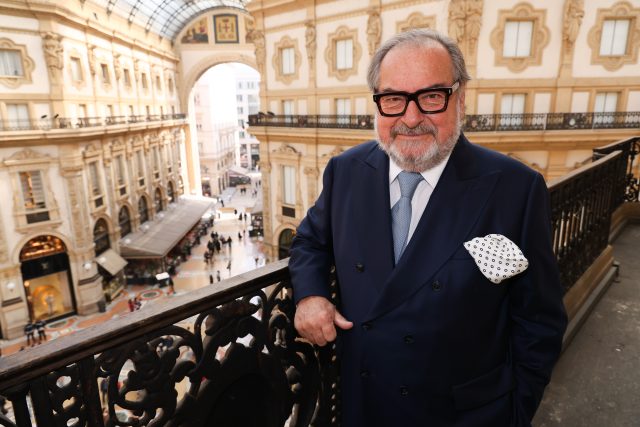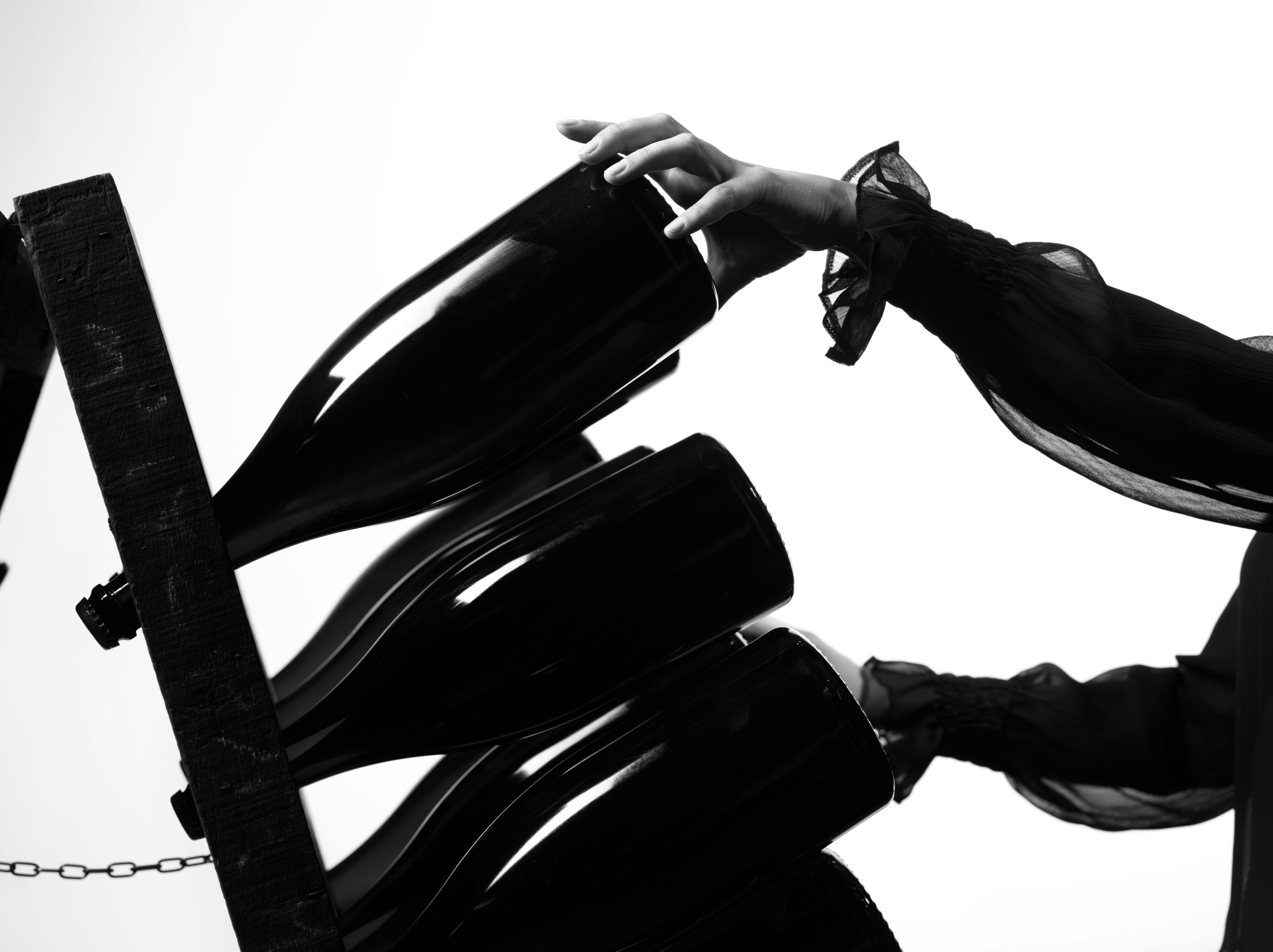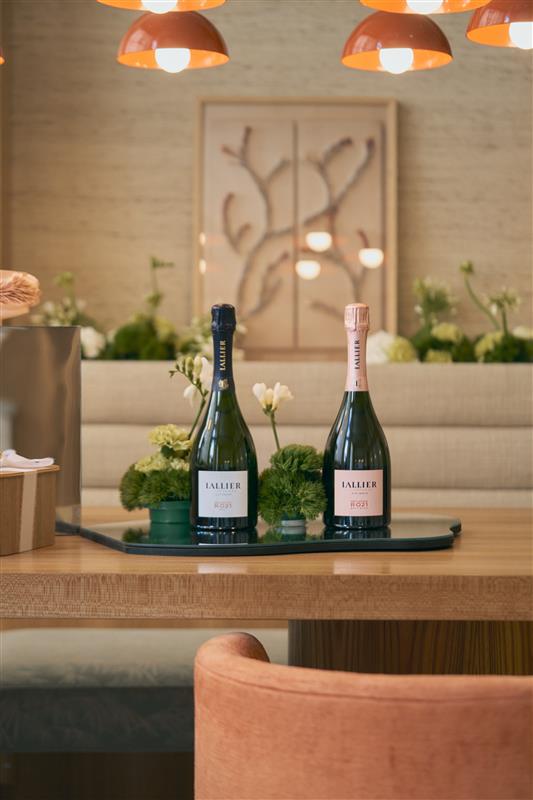Why this new wine club is turning away from terroir
Last month, top chefs and winemakers gathered in Milan to launch private wine club Domus Artium Reserve, with a special 50% French, 50% Italian wine also announced.

Entrepreneur Barrett Wissman, who spearheaded the project, suggested that the fundamental idea of the project was putting “the best talent in the world” together: “We have created a world of food, cultural events, and shows everywhere in the world – it could be in San Francisco, New York or Paris.”
The premise of Domus Artium Reserve is a private wine club, accessible by invitation only, that offers various exclusive dinners, tours and trips, as well as access to prestigious wineries and wine experts, and partner clubhouses, the first of which is Rome’s Palazzo Ruspoli.
Carlo Cracco, who hosted the launch celebration at his Michelin-starred restaurant Cracco in Milan’s Galleria, hailed the project as “marvellous”, “very beautiful” and “ambitious”.
In addition to Cracco, famed French chef Yannick Alléno, known for his Pavyllon restaurants, and Thomas Keller of The French Laundry fame, bolster the venture’s culinary credentials. From the wine side, critic Antonio Galloni, and winemakers Michel Rolland and Riccardo Cotarella are involved.
Members will have the chance to create a French or Italian wine with Rolland and Cotarella.
Anti-terroir

But for those struggling to choose between Italy and France, a wine that combines the best of both worlds was also announced.
As part of the project, a 50% French, 50% Italian wine, called Four Hands, will be launched through Domus Artium Reserve. The wine is a creative collaboration between Bordeaux-based winemaker Rolland and leading Italian oenologist Cotarella.
Rolland said of his partnership with Cotarella: “When Barrett called me and said I should work with Riccardo, I thought ‘I know this guy, he’s not a bad guy’.”
“You have to have fun when you have such a long career,” he explained. “I used to make wine in 22 different countries, not because I needed to, but out of curiosity.”
“Myself and Riccardo have spent our lives in wine, we are adventurous people – when you go to one place, you want to go to another just to know what will happen and what’s there to discover.”
Partner Content
Indeed, in a move which might be considered blasphemous for any winemaker, the wine Cotarella and Rolland are working on is, by nature of it being a blend of Italian and French wine, is not expressive of a single terroir.
“When we’re in Bolgheri or Pomerol, we know terroir,” argued Rolland. “I love terroir, as you can imagine, but working with Riccardo, we are not trying to find an expression of terroir, but something a little bit different. I already have a wine in my portfolio that is a blend of five countries.”
The wine Rolland referred to is Pangea, a blend of Napa Cabernet Sauvignon, Argentine Malbec, Bordeaux Merlot, South African Cabernet Franc and Spanish Petit Verdot.
Technical details of the wine itself, such as varieties, winemaking and even where exactly the fruit was sourced from, remain under wraps, though Cotarella described it as representing “the grand histories” of Italy and France. A case of six bottles will set those who secure an allocation back US$3,650.
Rolland will also be collaborating with Keller through the venture on a Bordeaux blend to be sold at some of the chef’s top restaurants, including The French Laundry and Per Se, as well as through a waitlist, with a case of six costing US$1,380.
Style over substance?
Given the project’s celebrity backers, questions were raised at the conference as to whether this is a project overly reliant on its famous founders.
Wissman was adamant that Domus Artium Reserve honours the “culture and tradition” of wine: “In America, 80% of these [celebrity-backed] wines do not have success because they are not quality products. Jay-Z has had great success with his Armand de Brignac Champagne because he understands the culture of nightclubs – but being famous is not a guarantee of success.”
Related reading:
67 Pall Mall to open in Melbourne in 2025
Experimental Group to open second New York wine bar
Related news
Castel Group leadership coup escalates
For the twelfth day of Christmas...
Zuccardi Valle de Uco: textured, unique and revolutionary wines




